In an emergency docket session, which critics sometimes call the “shadow docket,” the Supreme Court has reinstated parts of an Arizona law that requires proof of citizenship to register to vote.
This order came as a response to a request from the Republican National Committee (RNC) and Republican leaders of the state’s legislature.
Getting it Wrong
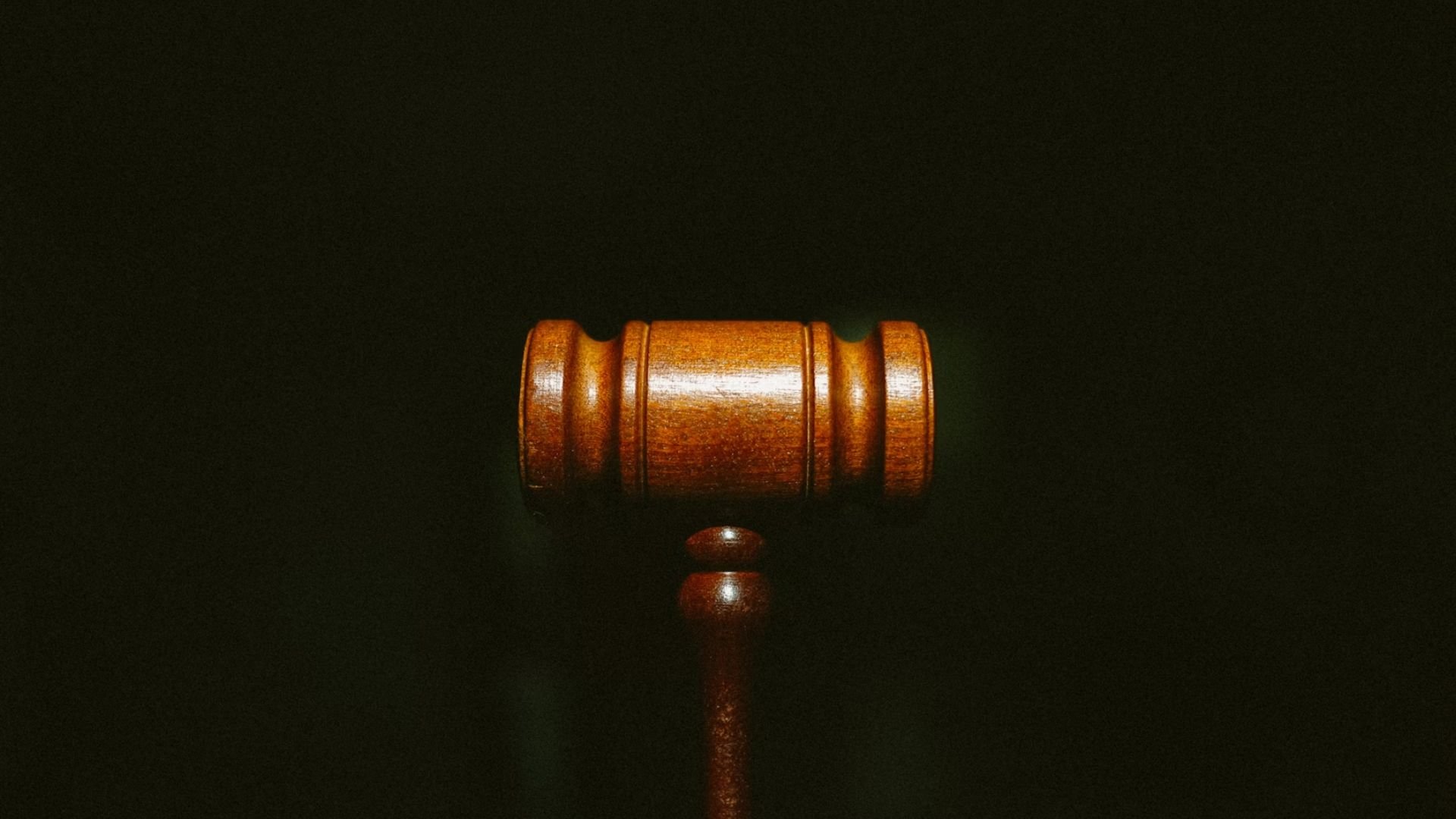
The petition from the RNC and Arizona Republicans insisted that previous rulings that barred the enforcement of the law were in error.
“This Court has repeatedly instructed that the Purcell principle bars federal courts from enjoining the enforcement of state election laws with an election impending,” the petition said. “The principle recognizes the important interests state officials have in protecting their elections and avoiding voter confusion…But the Ninth Circuit turned this principle against the enforcement of state election-integrity laws.”
Supreme Court Order
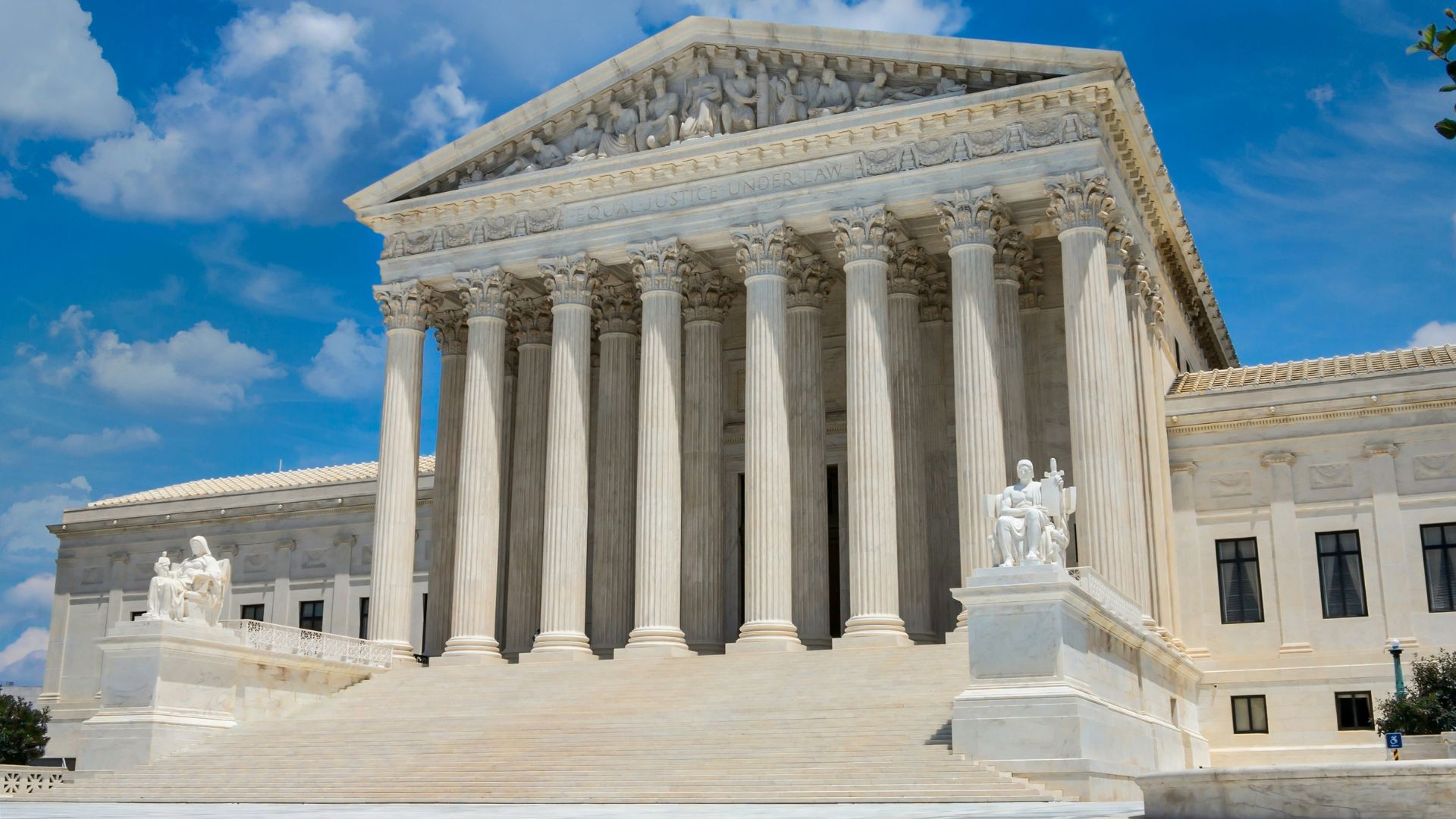
An unsigned order was issued on August 22 after a 5-4 vote partially granting the Arizona Republican’s request.
“The application for stay presented to Justice Kagan and by her referred to the Court is granted in part and denied in part,” the order said. The order indicated that three justices wanted to fully grant the request to restore the law.
Restoring the Law
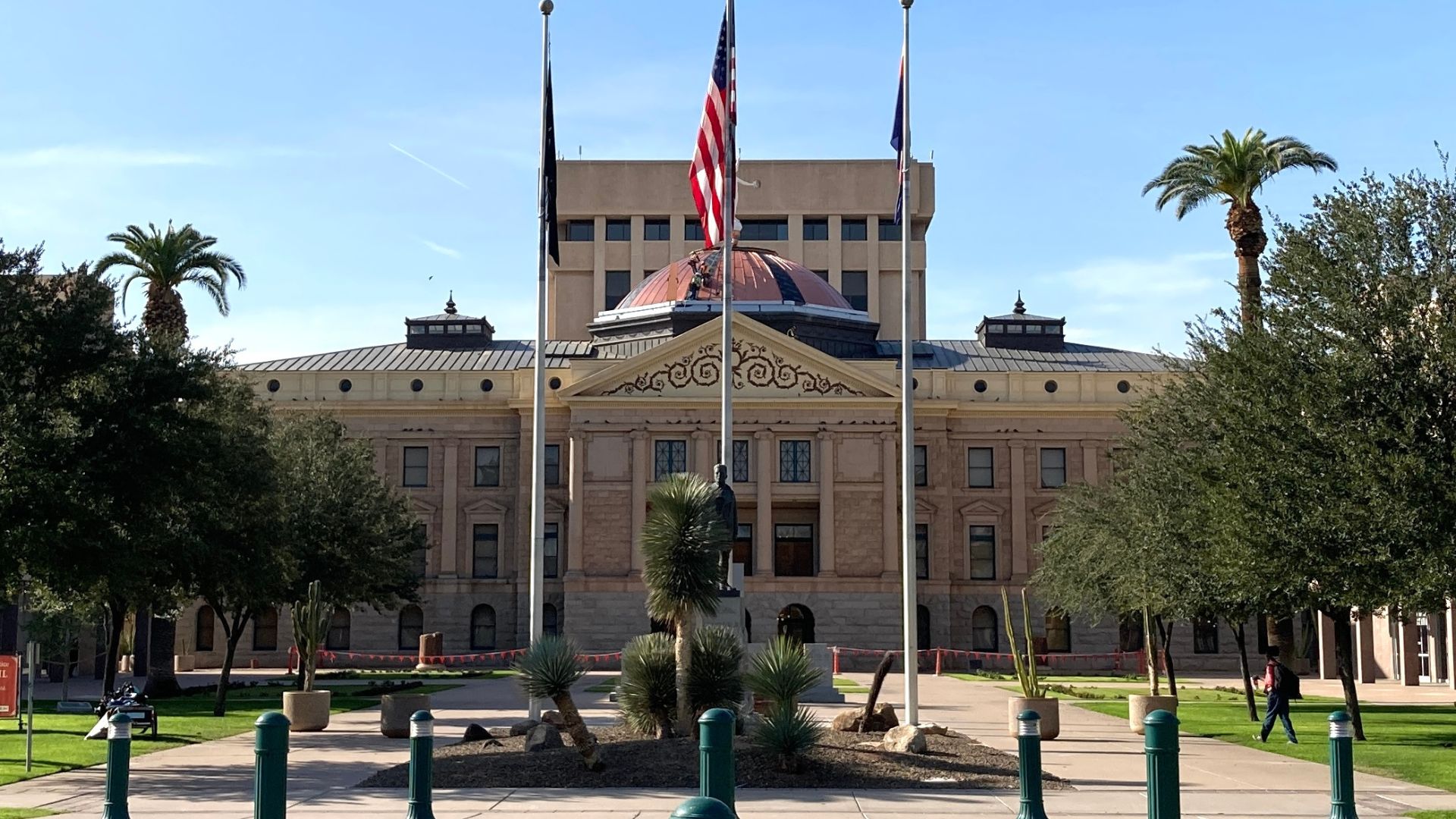
Residents of Arizona are now required to provide proof of their citizenship to register to vote as required previously under the law.
However, the court did not reinstate a seperate portion that bars voters from voting for president or by mail on a federal standard form without providing proof of citizenship.
Arizona Law
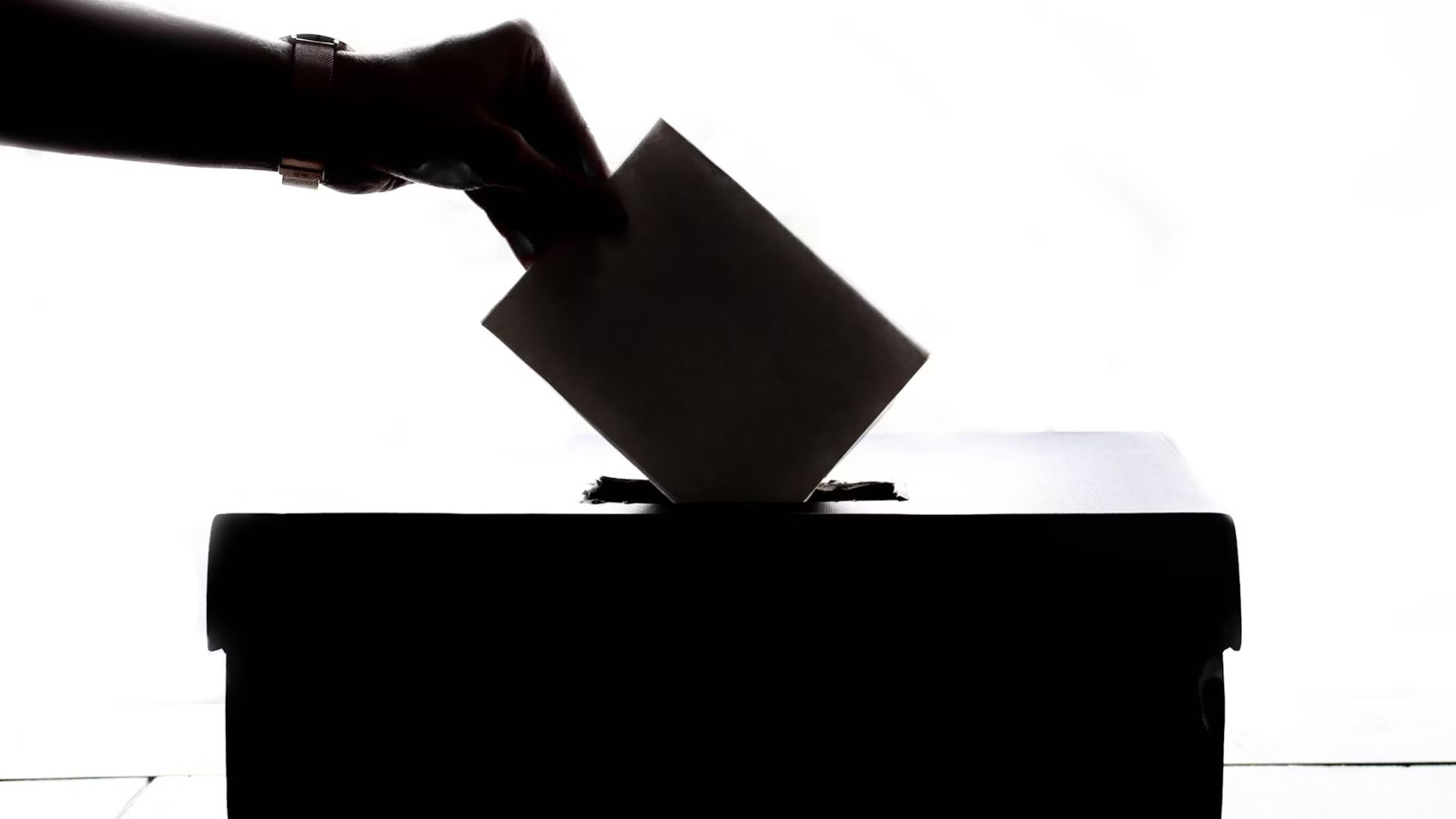
The law at the heart of the dispute is known as House Bill 2492 which was passed in 2022.
This legislation was aimed at forcing government officials to verify US citizenship on the federal form required for voting under the National Voter Registration Act of 1993.
Requirement Challenged
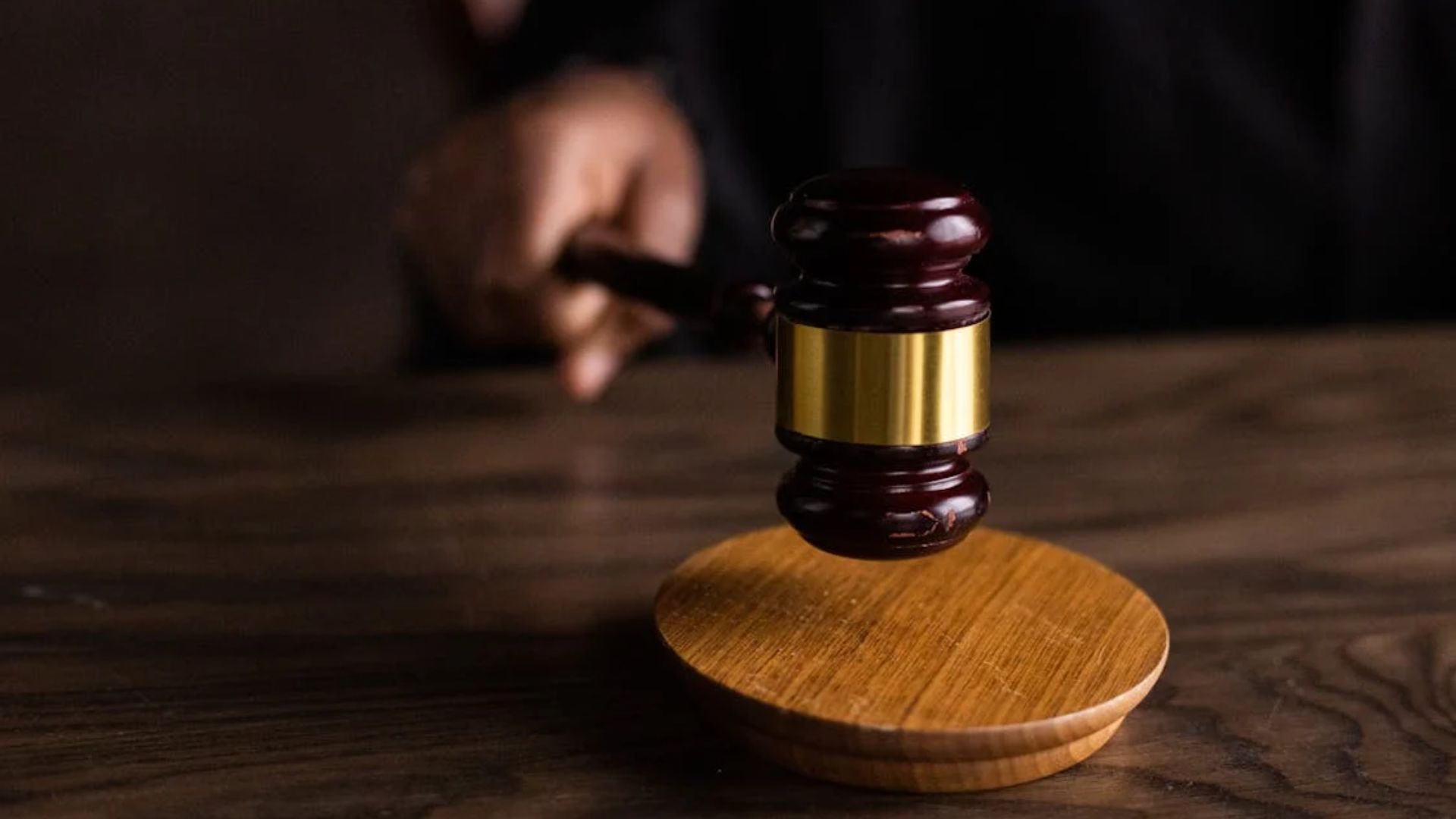
After the law was passed, the federal government along with other plaintiffs which included Democrats and voting rights groups took Arizona to federal court.
The court sided with the federal government against the law and issued a consent decree that stopped Arizona from enforcing it.
Totally Stopped
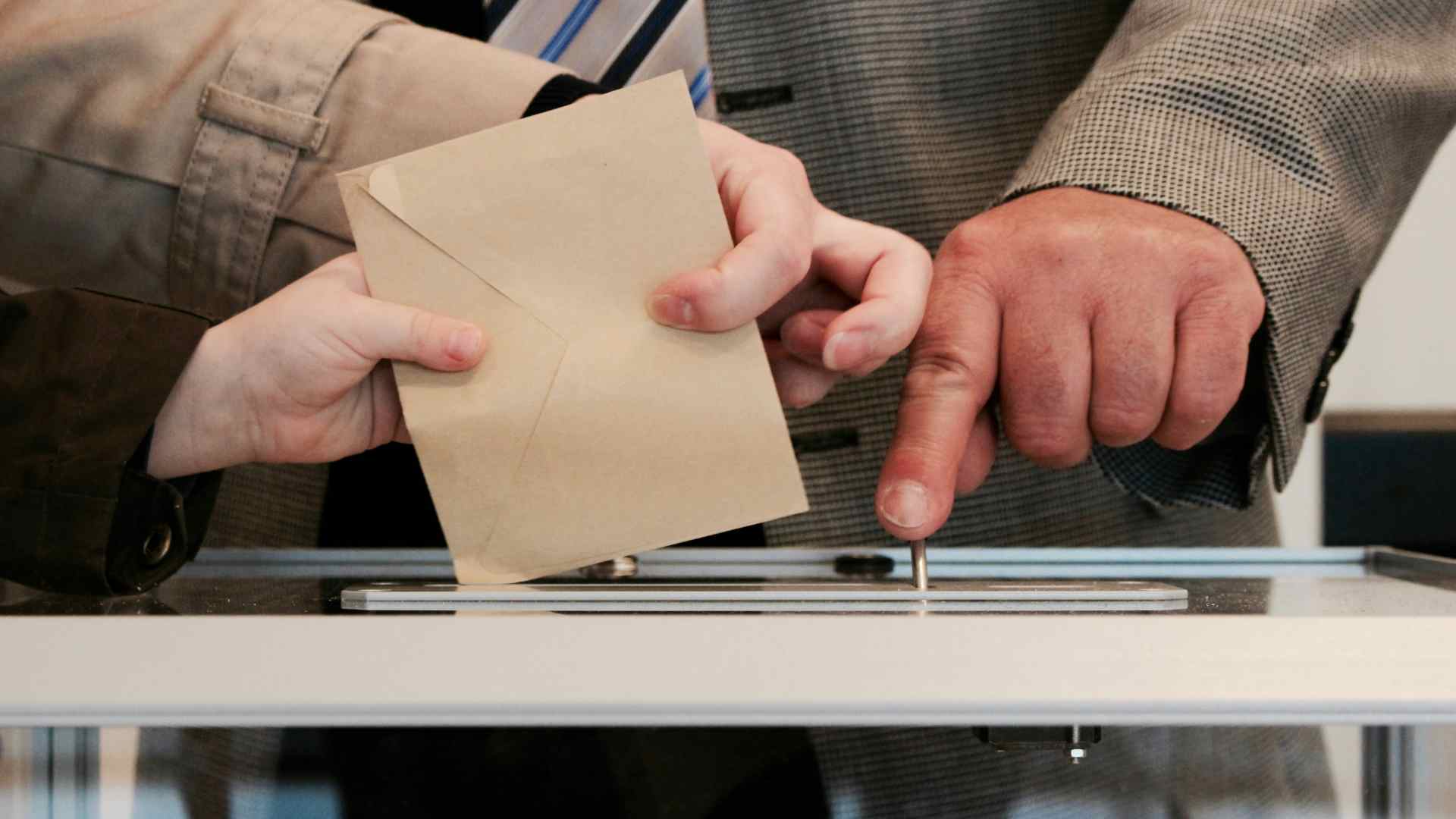
Court proceedings continued as Arizona attempted to get the law reinstated but ultimately failed.
An order from May this year put the final nail in the coffin and stopped the state from being allowed to enforce any part of the law on the books.
Emergency Docket
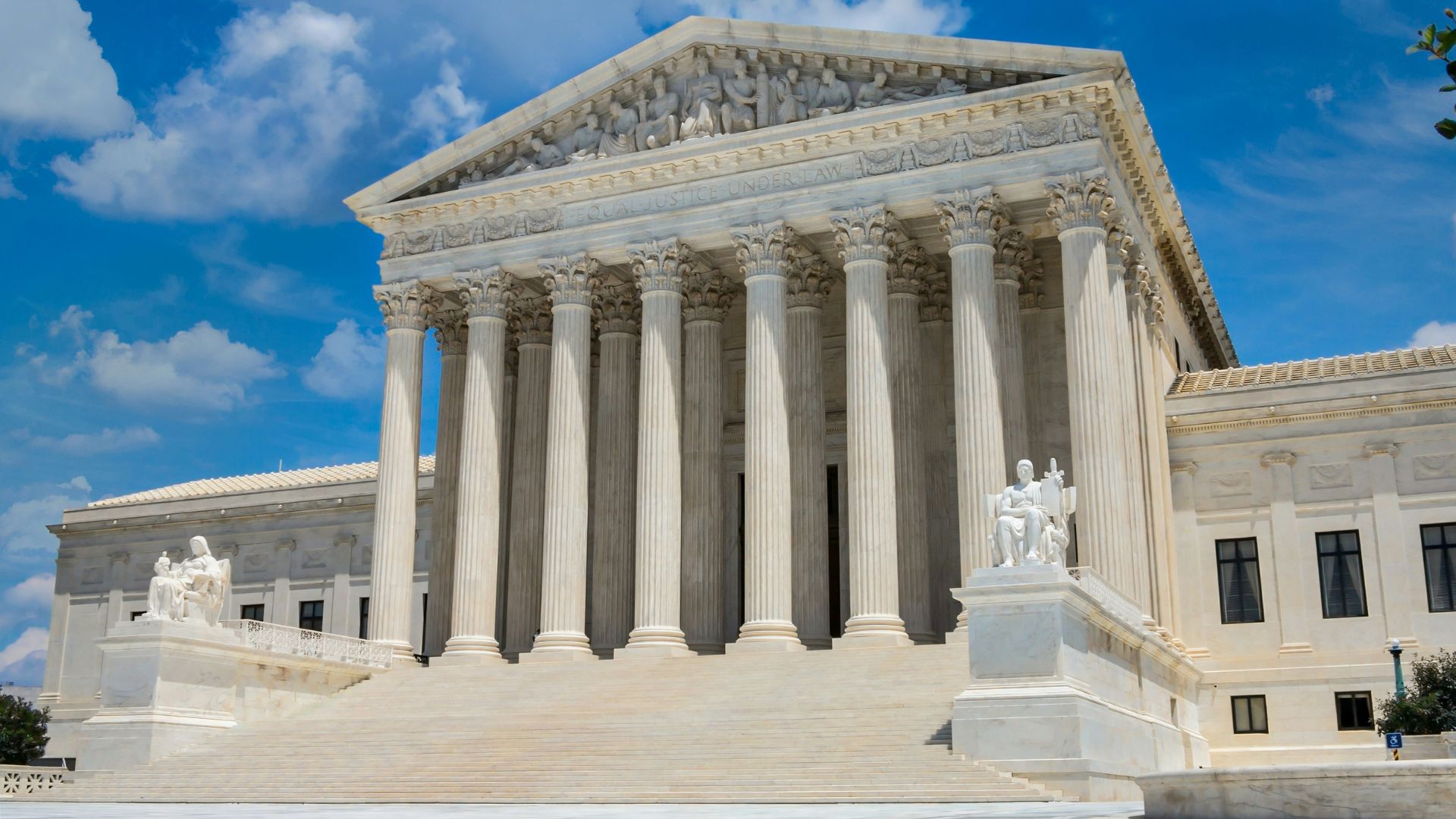
In addition to its regular merit docket schedule, the Supreme Court maintains an emergency docket where those with urgent applications that need immediate action can be heard.
Rulings on the emergency document are expedited, meaning that there are fewer procedural steps and decisions can come without much explanation. This newest order came as part of the court’s emergency docket for the summer.
Shadow Docket

Critics of the Supreme Court’s emergency docket have taken to referring to it as a “shadow docket” because of the lack of oral arguments and transparent reasoning behind decisions made through it.
“Given that the court continues to grant emergency relief in contexts in which it didn’t until recently – and given that there’s virtually no downside to seeking emergency relief – it’s effectively open season for aggressive lawyers,” said CNN Supreme Court analyst and Georgetown University Law Center professor Steve Vladeck.
Increased Case Load
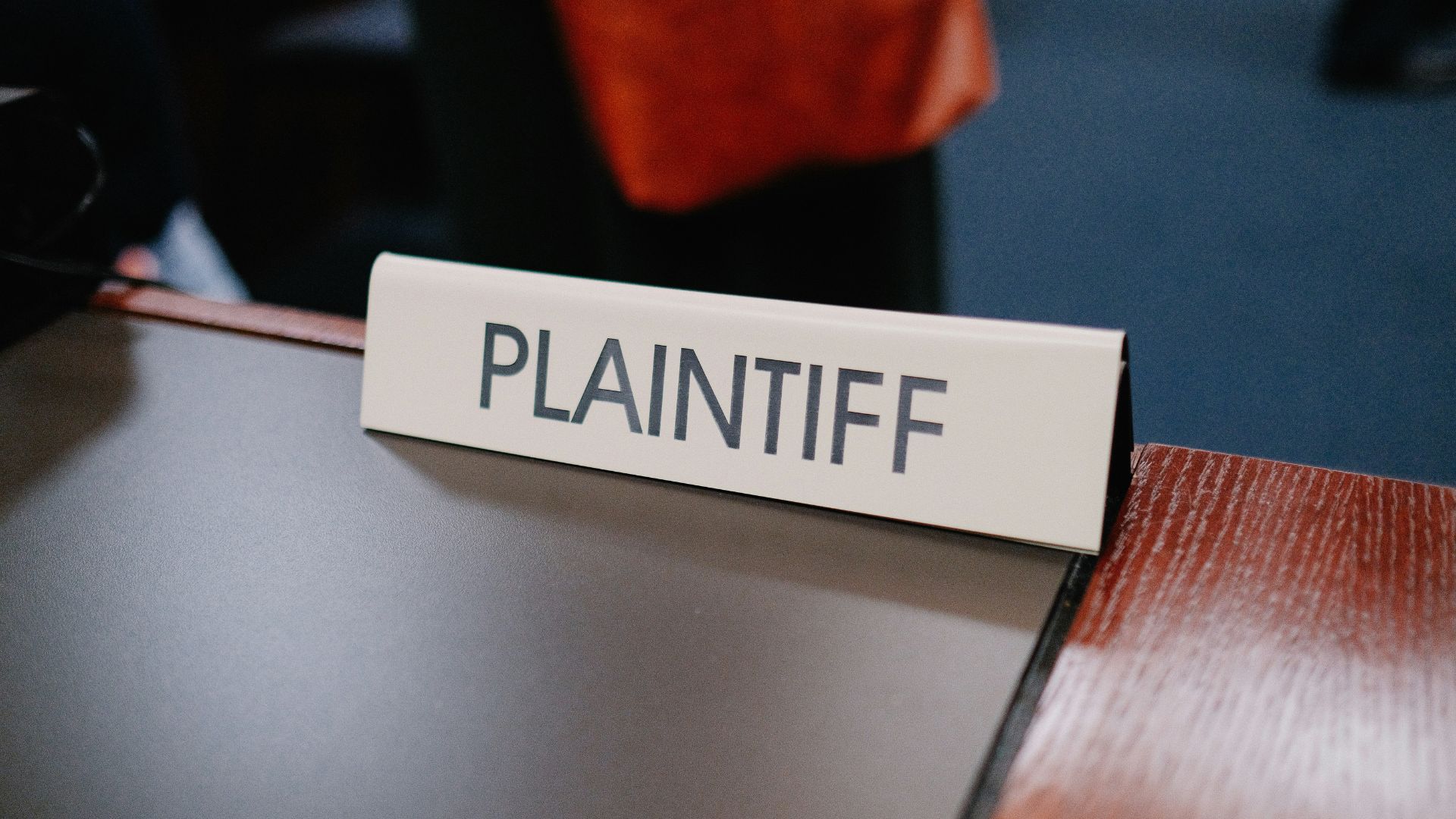
Critics also argue there is now an increased incentive for lawyers to try to use the shadow docket process to get what they want done quickly.
“There’s just no disputing that this has been a busier summer for emergency applications, both by volume and by significance, than any summer we’ve seen in a long time – if ever,” said Vladeck.
Kagan’s Comments
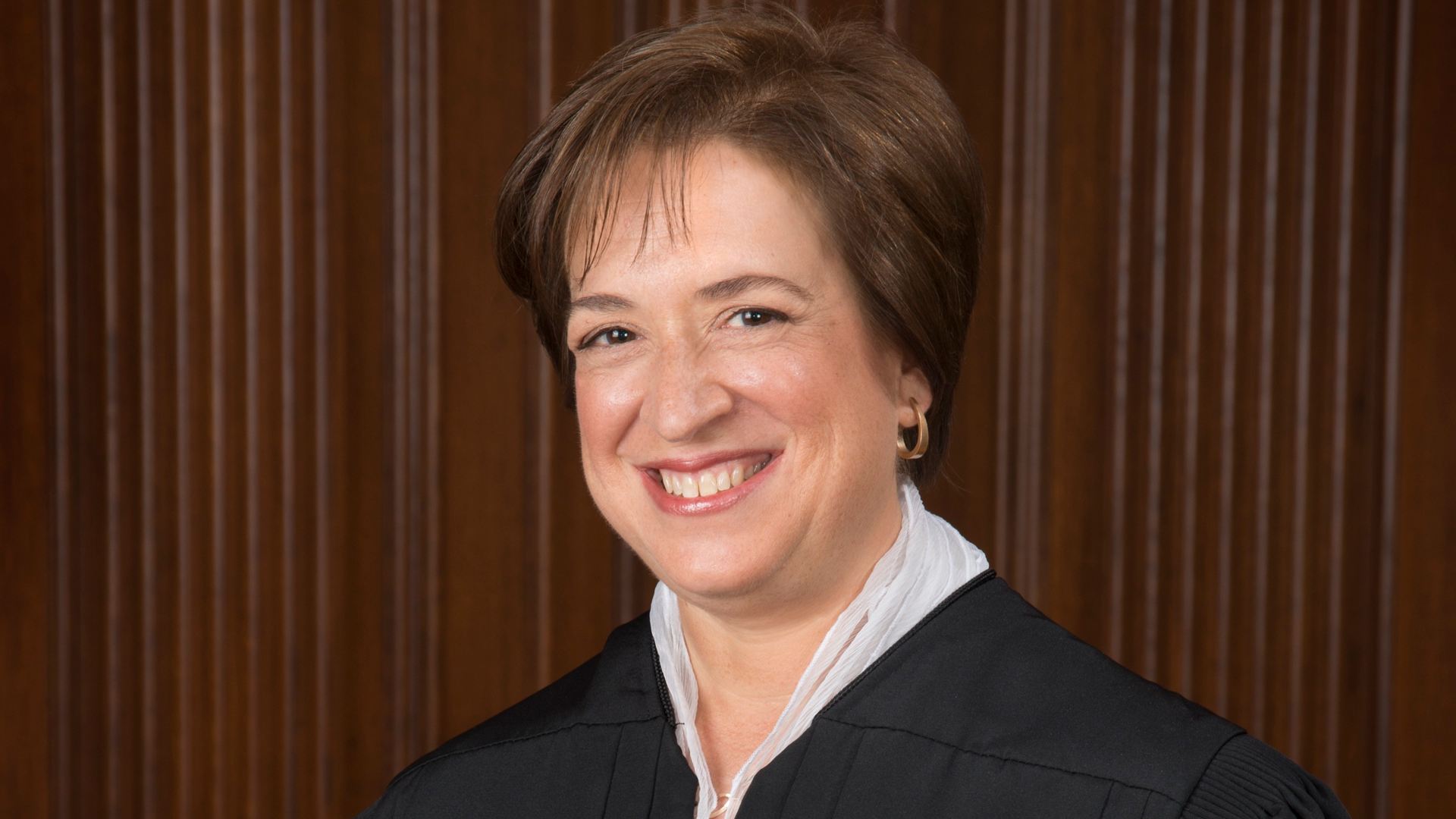
Last month, Supreme Court Justice Elena Kagan expressed how the court felt the pressure of the increased caseload during the summer because of the emergency docket.
“Our summers used to be actually summers,” Kagan told a group of judges in California on the subject of emergency appeals. “We’ve gotten into a pattern where we’re doing too many of them.”
Election Consequences
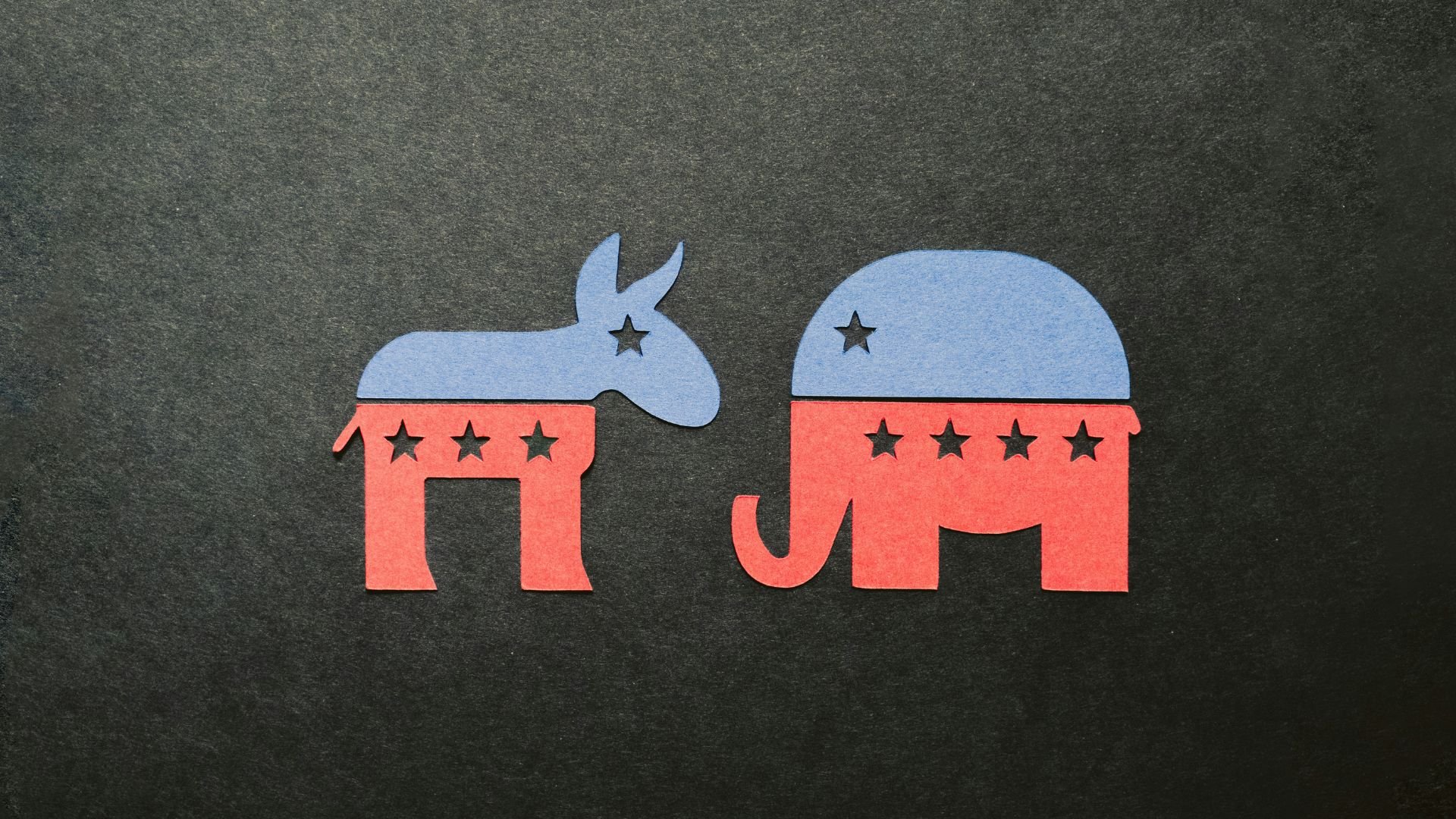
This law and Supreme Court order are part of a context where Democrats and Republicans are fighting over the concept of requiring ID to vote in elections.
Democrats feel that ID laws unnecessarily disenfranchise voters and hurt voting turnout, while Republicans feel ID checks are necessary to ward against voter fraud.
